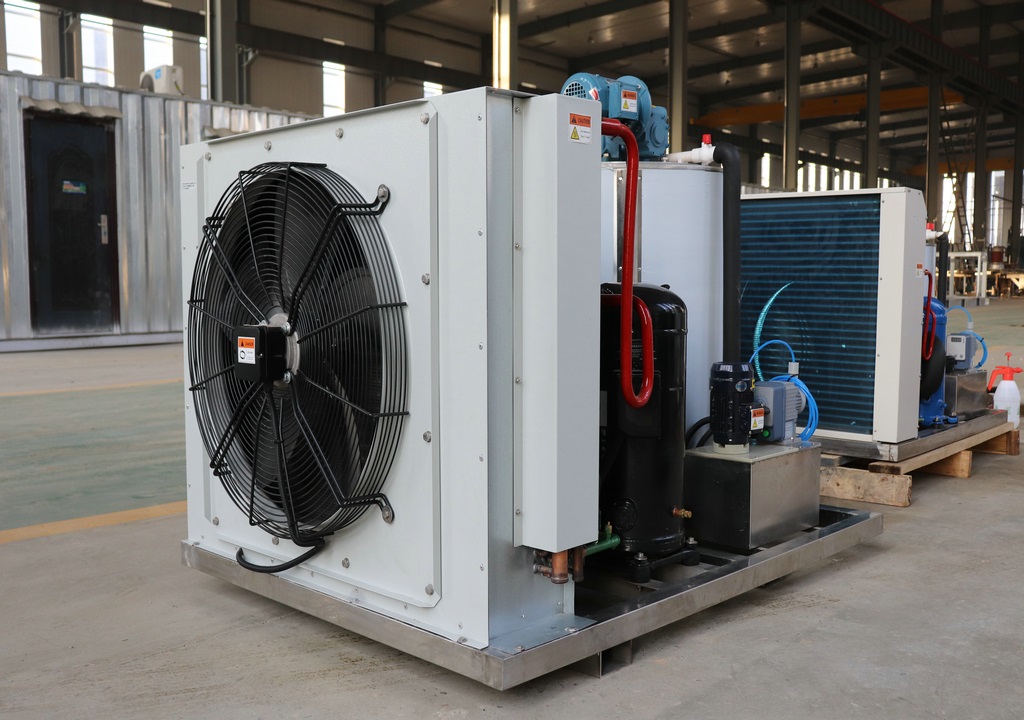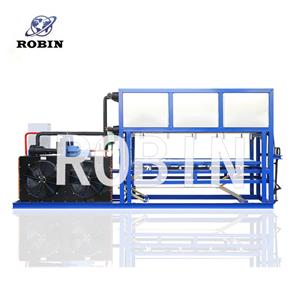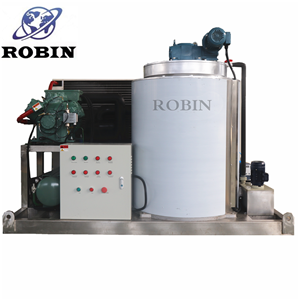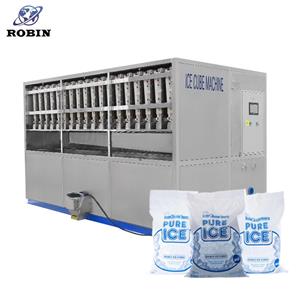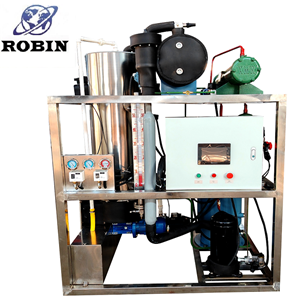About the cooling method of ice machine, air cooling and water cooling how to choose?
About the cooling method of ice machine, air cooling and water cooling how to choose?
The decision of whether to choose air cooling or water cooling for an ice machine depends on various factors such as the specific requirements,
installation environment, and budget considerations. Let's explore the characteristics of both cooling methods:
1. Air Cooling:
- Method: Air-cooled ice machines use ambient air to cool down the refrigeration components.
- Advantages:
- Ease of installation: No external plumbing or water connections required.
- Cost-effective: Typically cheaper both in terms of initial purchase and long-term utility costs.
- Suitable for small to medium-sized establishments or spaces with limited access to water.
- Considerations:
- Inefficient in high-temperature environments: Air-cooled ice machines struggle to maintain optimal performance and production levels in areas with high ambient temperatures.
- Requires proper ventilation: Sufficient airflow and clearance around the machine are necessary to prevent overheating.
2. Water Cooling:
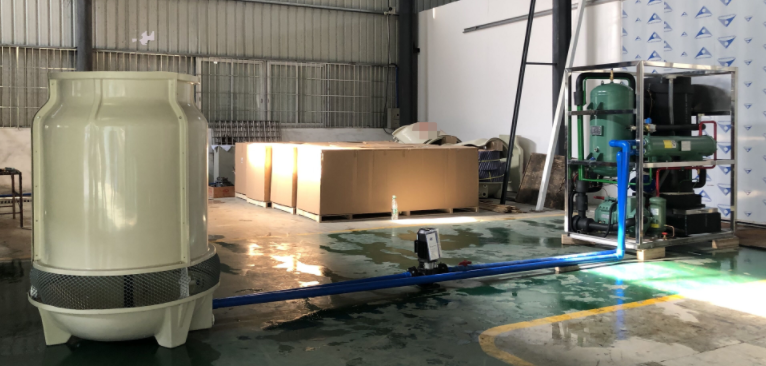
- Method: Water-cooled ice machines use a continuous water supply to cool the refrigeration system.
- Advantages:
- High performance in hot environments: Water cooling provides more efficient cooling, making the ice machine less susceptible to ambient temperature fluctuations.
- Doesn't rely on ambient air: Suitable for establishments with poor ventilation or locations with extreme temperatures.
- Quieter operation: Water-cooled ice machines are generally quieter compared to air-cooled units.
- Considerations:
- Additional plumbing requirements: Water supply and drain connections are necessary for installation.
- Higher operating costs: Water consumption and associated costs may be higher compared to air-cooled options.
- More expensive: Water-cooled ice machines are typically more expensive to purchase than air-cooled models.
In summary, choose air cooling if you have a limited budget, adequate ventilation, and operate in a moderate-temperature environment.
Opt for water cooling if you require superior performance in hot environments, have poor ventilation, or can manage the additional plumbing and operating costs.

